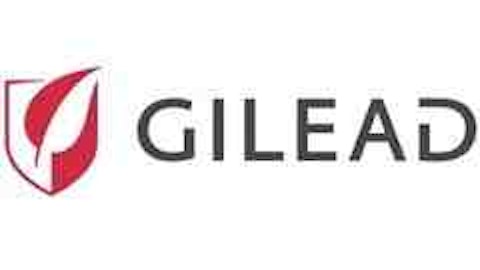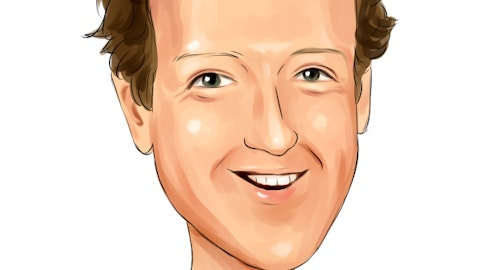Not even a recession can stop Americans from spending big on their pets. In 2007, at the beginning of the Great Recession, U.S. pet expenditures reached an all-time high of $41.2 billion. At least it was an all-time high until 2008, when spending climbed to $43.2 billion — and again in 2009 with another all-time high of $45.5 billion! Since at least 1994, every single subsequent year has been a new all-time high for U.S. pet spending. If you are looking for a recession-proof industry, I think you may found it.
Reason #4: A healthy animal means healthy human.
According to the Centers for Disease Control and Prevention, about 60% of all human pathogens are zoonotic — diseases transmitted from one species to another (animal to human, in this case). Animal to human zoonotic diseases of note include viruses like swine flu and avian flu, prions such as mad cow disease, as well as bacterial, parasitic, and fungal infections.
Whether it is directly from proximity to living animals or indirectly through the food we eat, we are in constant contact with animals of all types. In turn, making sure animals are healthy ensures that we humans stay healthy.
Nowhere is that more true than in China. In recent years, China seemingly has had countless food supply scares and disease outbreaks of animal origin (chicken, pig, dairy cattle, beef cattle, sheep… the list could go on and on). There are many in the international scientific and medical communities who fear that the next major global outbreak could be a zoonotic one with origins in China. Continued animal health safety concerns in China and elsewhere in the world are likely to present animal health care companies with substantial growth opportunities in the future, being one of the few entities able to address this potentially very scary issue.
Reason #5: R&D, patent expiration, generic competition, and upfront payment.
Unlike human drugs, which require years of numerous and extremely costly drug trials to receive approval, the requirements for animal drug approval is far less demanding. Trials are fewer, research and development costs are much cheaper, and approval is comparatively much more likely. For animal health care companies, the pathway from initial drug discovery to eventual commercialization can be fairly straightforward.
And unlike human pharmaceutical companies, expiring drug patents are not as frightening of an occurrence for the animal health care industry. Take Merck & Co., Inc. (NYSE:MRK)’s blockbuster asthma and allergy treatment Singulair as an example, which did about $3.9 billion in sales in 2012. By the end of 2012, however, the company’s blockbuster drug patent had expired, and competitors were quick to introduce their own cheaper generic alternatives. When it came time for Merck to report its second-quarter 2013 earnings, year-over-year sales for Singulair had fallen about 80% from $1.4 billion to $281 million. Ouch.
While patent expiration and generic competition exists in the animal health care industry, the effect it has on companies is nowhere near as negative. That is because there are not as many companies itching to become makers of generic animal medications. One reason for this is the lack of a blockbuster equivalent to Singulair in the animal health care industry. With no $4 billion a year animal health care drug ever coming off patent, there is no obvious lure to catch the attention of any would-be generic competitors. Instead of a few multibillion-dollar blockbuster drugs driving sales, animal health care companies have hundreds of smaller drugs each contributing a small percentage of company total sales.




